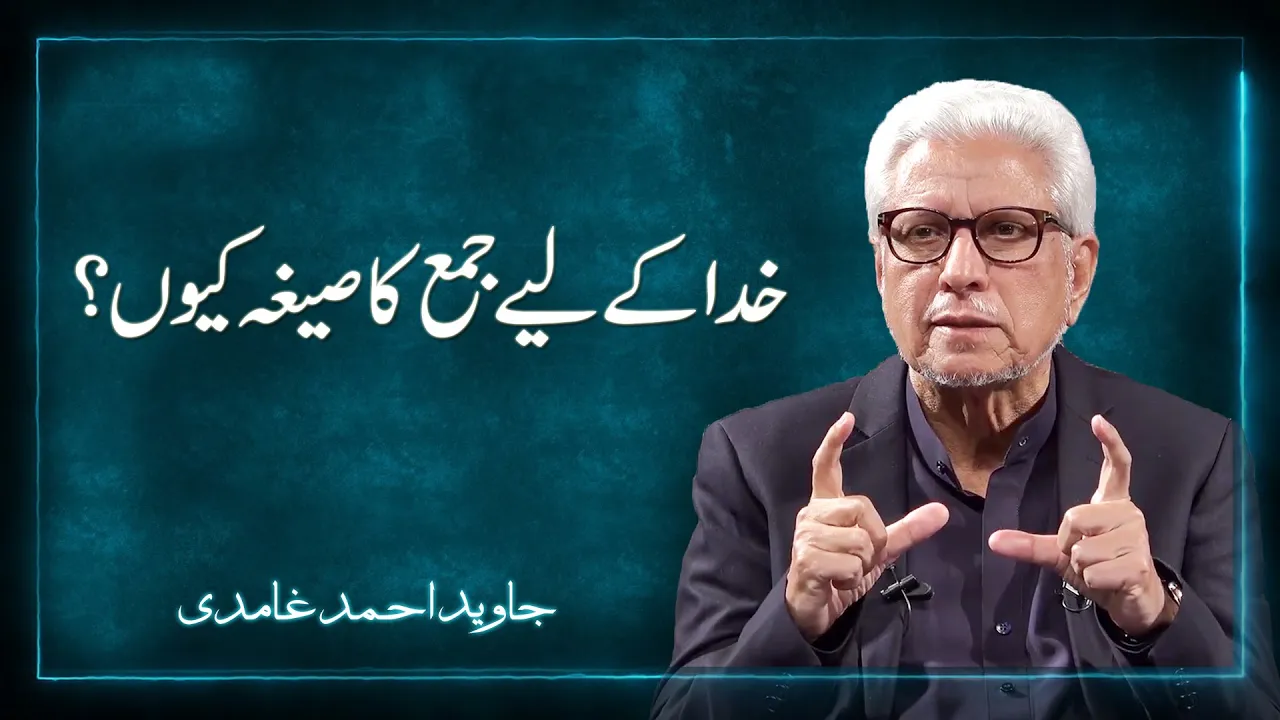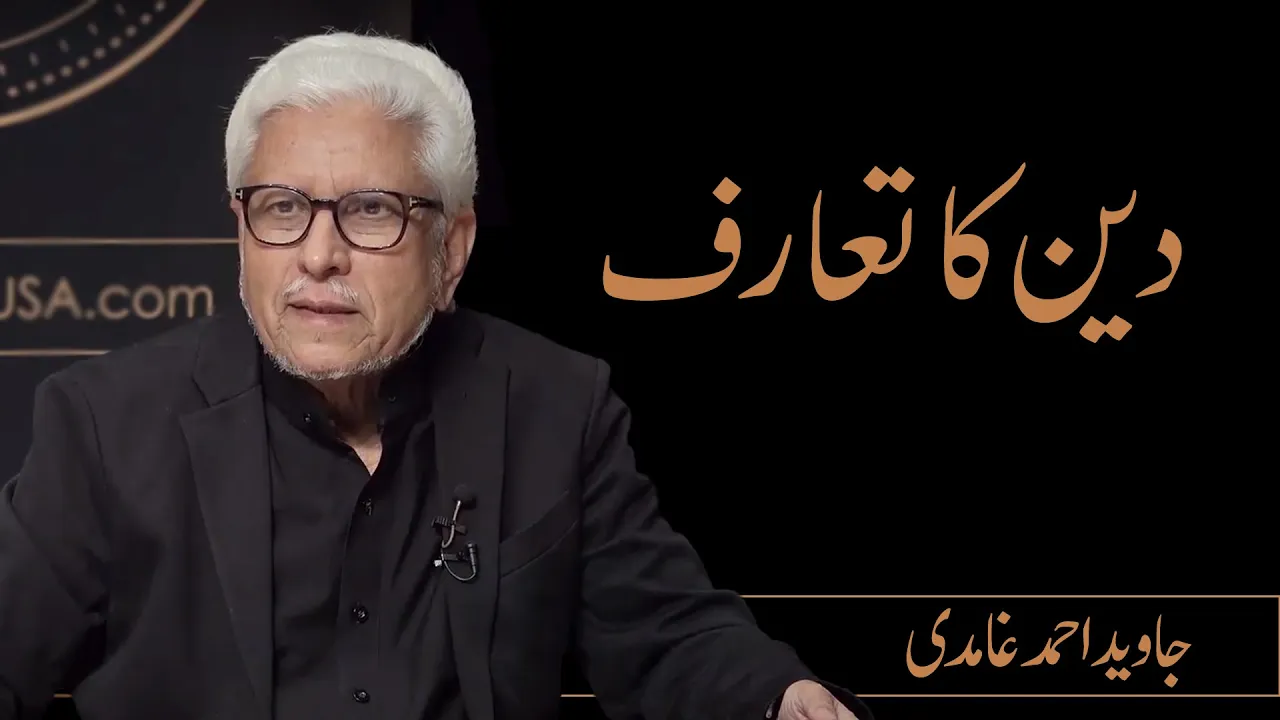Question
I have a question related to the scheme and rules by which Allah runs the world and the affairs of people. There is a story of Hazrat Khidr in the Qur’an, in which he kills a child because that child was destined to overburden his parents with transgression and disbelief, and God intended to substitute that child with a purer soul.
My question is: Did God, being all-knowing and all-powerful, know even before the birth of the child that the soul being granted to those parents was not going to be righteous? Couldn’t God have made that soul be born to some other parents who were more deserving? So, why did it have to happen afterwards?
Answer
Salaam
Thank you for writing to us.
Before answering the question, I would share Ustaz Javed Ahmad Ghamidi’s understanding of these Aayaat as explained in his exegesis (tafsir).
The Aayah
وَ اَمَّا الۡغُلٰمُ فَکَانَ اَبَوٰہُ مُؤۡمِنَیۡنِ فَخَشِیۡنَاۤ اَنۡ یُّرۡہِقَہُمَا طُغۡیَانًا وَّ کُفۡرًا . فَاَرَدۡنَاۤ اَنۡ یُّبۡدِلَہُمَا رَبُّہُمَا خَیۡرًا مِّنۡہُ زَکٰوۃً وَّ اَقۡرَبَ رُحۡمًا
“As for the boy, both his parents were people of faith. So, we feared that [after growing up] he may harass them because of his rebelliousness and disbelief. Hence, we wanted that their Lord bless them with a child in his place who is purer and more affectionate than him.”
Qur’an 18:80-81
Commenting on it, Ghamidi writes:
“Here too the nature of the directive is similar to the previous one: he (Khidr/angel) had been directed only to kill that boy since he would become a disbeliever. At this, he concluded that this was actually a favour of God to his parents so that the boy could not torment them through his rebelliousness. Thus the word used for this is خَشِيْنَا (we fear). It is used not in reference to God but in relation to the opinion he had formed. The reason for using the plural tense is that he was representing the whole group of angels which is deputed various tasks to run the affairs of this universe. Using the plural tense because of belonging to a category is common in our language also.”
(Al-Bayaan)
According to this explanatory note, Ghamidi thinks that God only commanded Khidr to take the boy’s life. The wisdom behind this decision was Khidr’s assessment, which doesn’t mean it is wrong, but it can merely be one aspect of God’s decision.
To comprehend the sensitive matter of a child’s death and other seemingly distressing events, such as those decrees of God, in accordance with which one sick person recovers while another dies, or one becomes prosperous and the other is ruined, it is essential to delve into the theological perspective of God’s scheme of creation, particularly concerning humans.
Firstly, the motivation behind God’s act of creation lies in His role as the Creator. As elucidated in the Qur’an (42:49; 28:68), God creates according to His own liking.
Secondly, as a perfect Creator, God fashions a being capable of attaining a level of perfection that allows proximity to Him, the epitome of perfection. This being is the human (as far as we are concerned, one may add Jinns to this as well). Humans can achieve this state of perfection by dedicating themselves as devout servants of God, thereby purifying their souls from anything that contradicts the level of perfection they are meant to attain (Qur’an 51:56, 95:4, 87:14, 15).
Thirdly, to actualise this perfection as devoted servants and earn a special reward, any creature must encounter challenges and be endowed with specific authority. The bestowed authority is the ability to reason and exercise free will, while the method employed is the existence within a challenging environment. The conjunction of these two elements grants human beings the opportunity to manifest their fullest potential and reach the intended level of perfection. According to the Qur’an, God created the scheme of death and life to test humans (67:2), and humans willingly undertook this test after being offered the choice to bear the trust (Amanah) of possessing the power to exercise free will, knowing fully well that it would come with consequences. Tempted by the rewards that would follow success, humans accepted this responsibility but neglected the penalty for failure (33:72).
Thus, within this test, humans face various unpredictable situations determined by God’s Knowledge and Wisdom. Death is an intrinsic aspect of their earthly existence. Consequently, based on His Knowledge and Wisdom, God may instruct His servant angels to take the life of a child. Although we might not always grasp the full extent of His Wisdom and Knowledge, we may only perceive a single aspect of an action. The story of Moses and Khidr (peace be upon them) serves to emphasize the limitations of human knowledge. Naturally, the death of a young child would have posed a profound challenge for the parents, and their responses in such situations are observed.
Moreover, it is crucial to understand that God’s foreknowledge does not necessarily encompass only one outcome from the multitude of effects resulting from various causes. It is plausible that a particular decision or choice (cause) yields a specific effect in a given situation, while an alternative decision or choice (cause) results in a different effect. God’s foreknowledge incorporates both effects, depending on the decision or choice made. For instance, certain independent causes may have influenced the kind of person the boy would have become and other disproportionately harmful effects that necessitated God’s intervention in decreeing the boy’s death. Had those independent elements exerted different influences, the outcome might have been different.
In conclusion, by assimilating the aforementioned aspects, one can begin to understand the grand design of God’s creation of human beings and His running of worldly affairs. There are incredible intricacies to this universe that rely on one another. No one, apart from God, is capable of taking every single thing into account. As a result, our judgments are limited to ourselves and that which we’ve encountered. Just as a child is born so must the child develop; even if this means getting sick or whatever else happens to that child. The development is part of its gift of existence. Where we can find solace is in the conviction that our God is a Merciful, Compassionate and Loving Creator who does not forsake his creations. Even though sometimes it may seem to our limited understanding that we are dealing with great torment. No one, and not even everyone that has ever existed, can ever care for that child more than our Loving God. After all, it is He who gave us the mental capacity to question our present condition.
Hope this helps.
Regards,
Mushfiq Sultan
Al-Mawrid









Leave a Reply